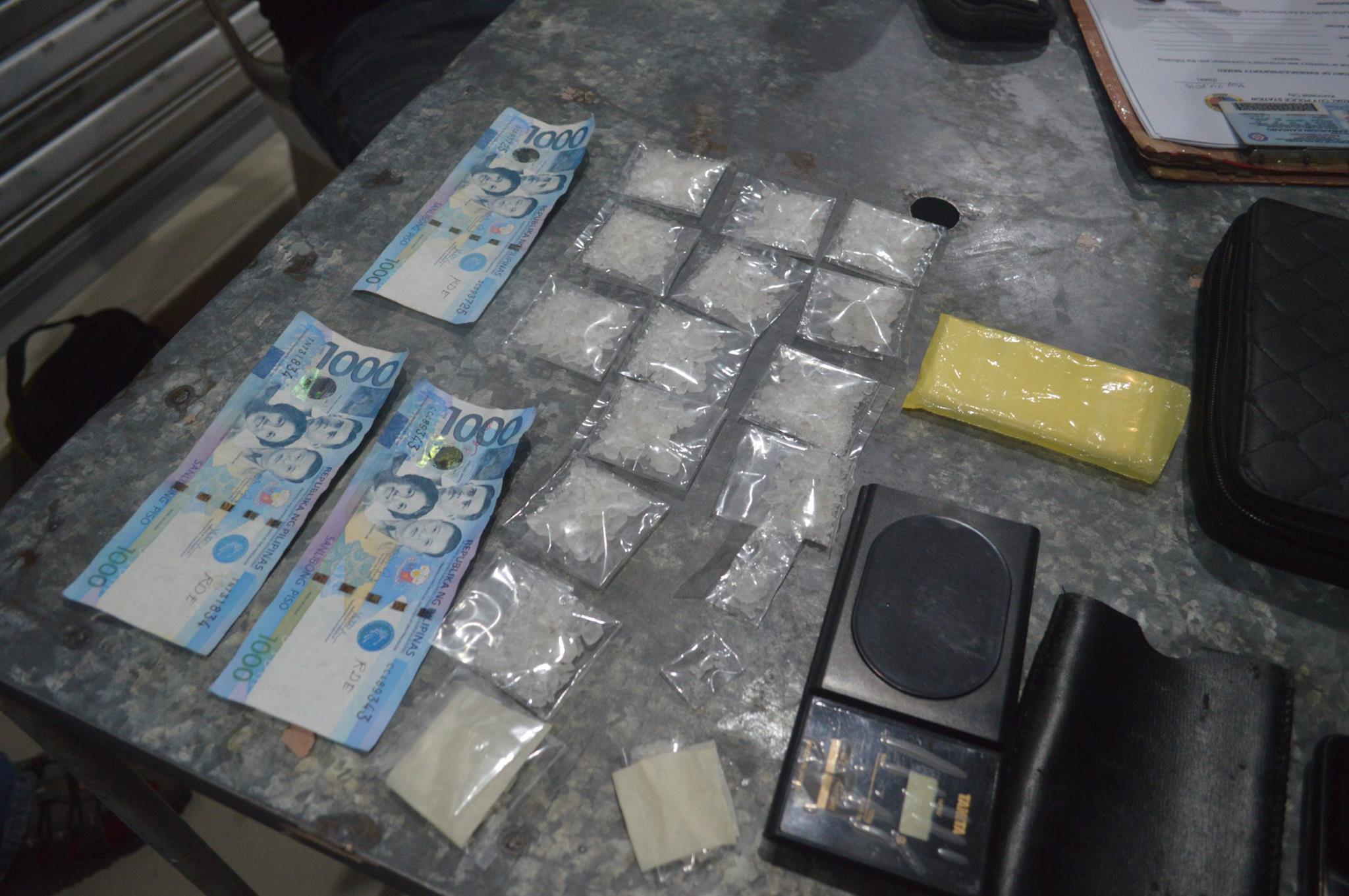LGU Kor Keeps Anti-Illegal Drug War Relentless

Despite the transition, the city’s drug war remains aggressive, with increased efforts and nonstop operations.
During the second quarter joint CPOC-CADAC meeting, the City of Koronadal PNP reported that from April to June, 30 anti-illegal drugs operations were conducted, with 34 personalities arrested. They confiscated and recovered 241.65 grams of Shabu with a total street value of PhP 1,933,200.00 as a result of the operation. In addition, 23.5 grams of marijuana were confiscated and recovered, with a total street value of PhP 11,750, and 60 court cases were filed.
On the other hand, since the signing of the agreement and orientation with the program on February 11, 2022, nine (9) Recovering Drug Dependents (RDDs) have been enrolled in the 18-month Aftercare program. In addition, prior to the start of their intensive session, a treatment plan review was performed to determine what types of interventions were required for each client. The first session includes a “Personality Development Orientation and Grooming Oneself” to develop the RDD’s interpersonal skills, as well as basic hygiene instruction to improve their physical well-being.
The family or close associates of the RDDs are also involved in the process for a better outcome. Families of RDDs were invited to a family education session for them to better understand the dynamics of recovery and the changes that come with it. Through education, a “GS-Building and Repairing Relationship” was conducted among the RDDs with a family member. The goal is to help family members adjust to changes in recovery by providing some inputs about what to expect as loved ones progress through their recovery. A group session on “Time Management and Suicide Prevention” was also provided to the RDDs in order to teach them the value of time as well as some interventions aimed at preventing potential relapses. The facilitator is given the opportunity to facilitate the involvement of significant others in the client’s recovery process during the said session. Through it, facilitators can begin to understand the difficulties from the perspective of RDD and family to help evaluate RDD’s progress and what interventions are needed in the recovery process by listening carefully and patiently.
On the other hand, RDDs are also randomly drug tested to ensure their sobriety. In addition, families of RDDs were given hotlines to report cases of violence and early signs of relapse in order to receive early intervention.
Meanwhile, the barangay is implementing a 6-month Aftercare Program to ensure that CBRP graduates can maintain their sobriety. One of the requirements for maintaining or obtaining “drug-cleared” status is Aftercare at the barangay level. CADAC Koronadal trained some barangay councilors to implement the program in order to make it a reality. The barangay had already begun offering the program in May of this year. Meanwhile, the barangay is implementing a 6-month Aftercare Program to ensure that CBRP graduates stay sober. Aftercare at the barangay level is one of the requirements for maintaining or obtaining “drug-cleared” status. In order to make the program a reality, CADAC Koronadal trained some barangay councilors to implement it. In May of this year, the barangay began offering the program. The City Information Office spearheaded an initiative to increase media participation in anti-illegal drug campaigns. A semi-annual Press Conference is held to leverage the media’s power as a powerful partner in the city’s development efforts. Mass-media campaigns are an effective way of disseminating anti-illegal drug promotion messages due to their large and diverse audience reach. Meanwhile, the CADAC had budgeted adequately for the public awareness and participation campaign through information, education, and communication (IEC). There was also a Drug Writing Seminar for Barangay Information Officers (BIOs). BIOs are encouraged to raise awareness by writing anti-illegal drug news and posting advocacies on their Barangay Facebook page.
Visitors from the DILG Central Office- Philippine Anti-illegal Drug Strategy Project Management chose Koronadal as their destination last May. It is a benchmarking activity to Koronadal to assess the state of CBDRP implementation. The purpose of the visit is to conduct an interview and review the document to determine what are the best practices in program implementation to be endorsed into the central office as a basis for possible new policies. The group also visited Barangay Sto.Nino to collect data on CBDRP implementation at the “grassroots level,” and the information gathered will be presented to the national “policy-making body.”
On July 20, members of the Technical Working Group met to discuss the composition of the CADAC Focal persons under E.O. No.72, Series of 2019, and IDMRIS under EO 95, Series of 2020. A focal person is assigned to oversee the implementation of each CADAC program and activity in order to better deliver them.
Meanwhile, the CADAC works closely with the Barangay Captains. Although five barangays are still working on their drug-cleared application, 21 barangays only need to maintain their drug-cleared status.
With its round-the-clock operations, the CADAC is geared to improve its anti-illegal drugs eradication and prevention efforts in the coming days.